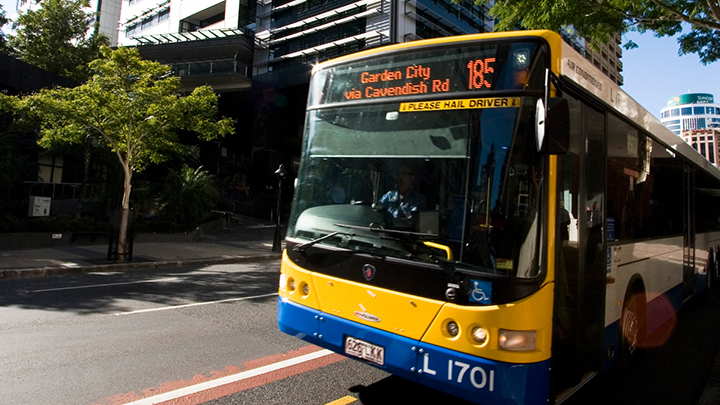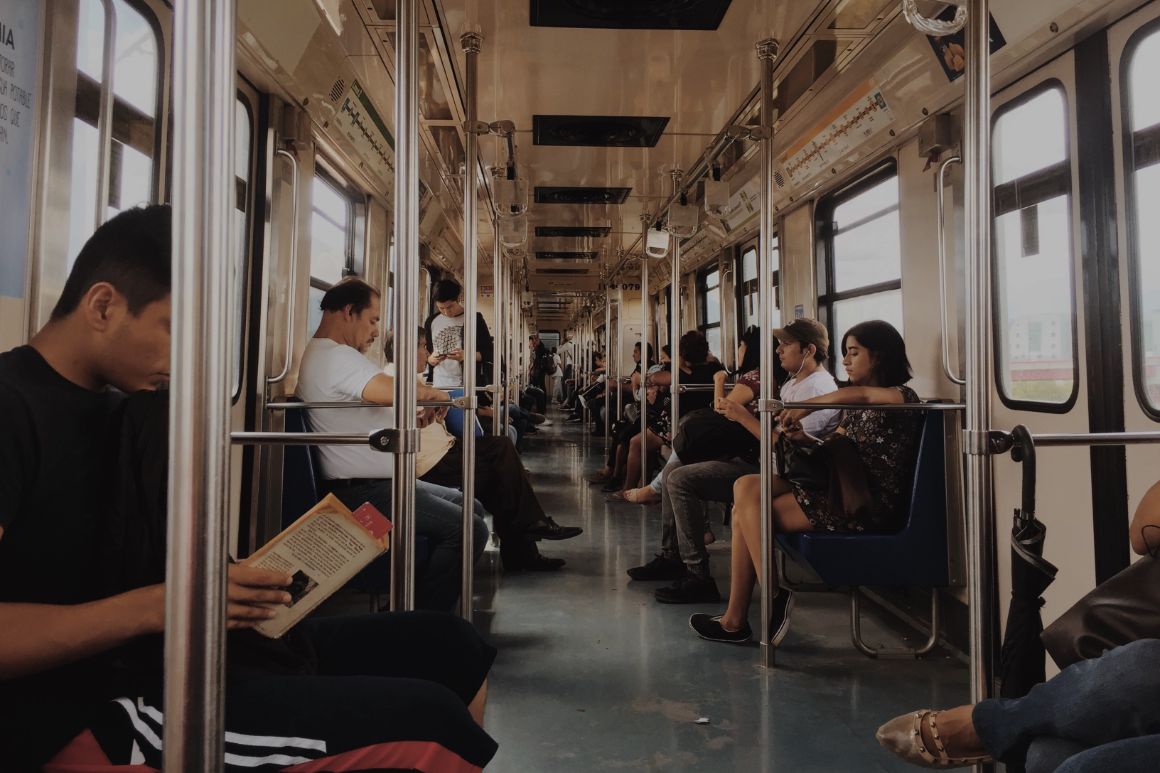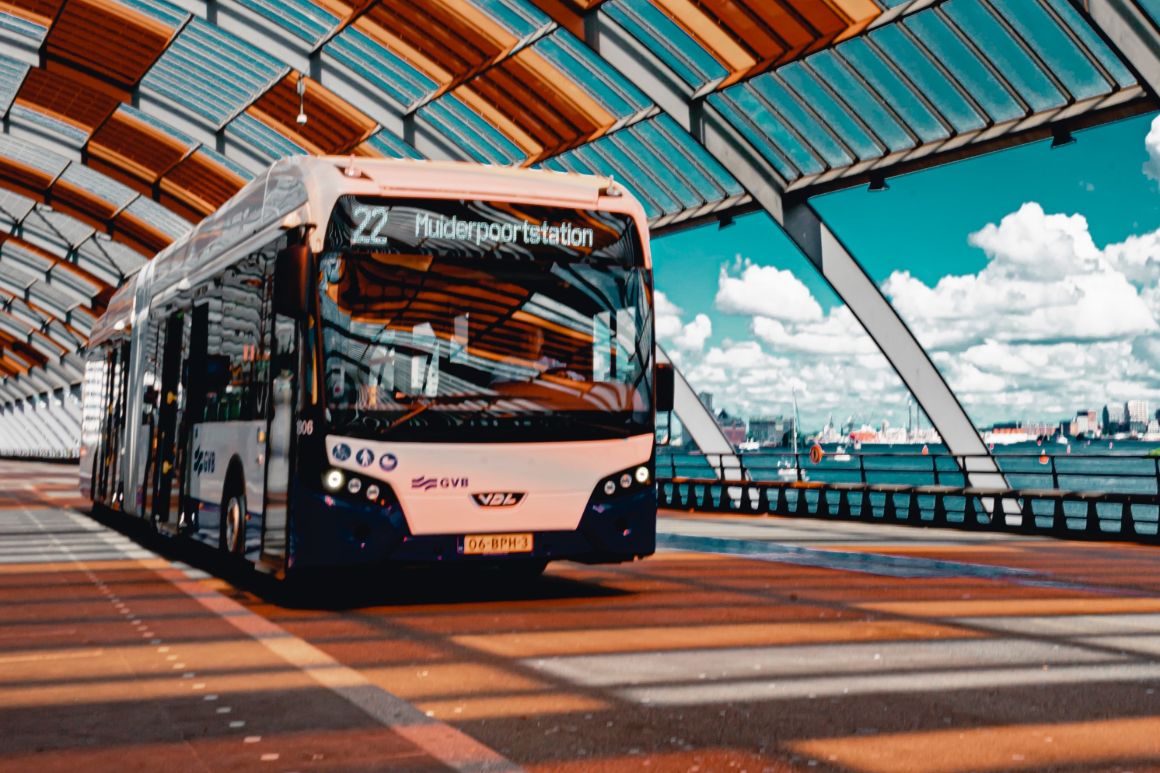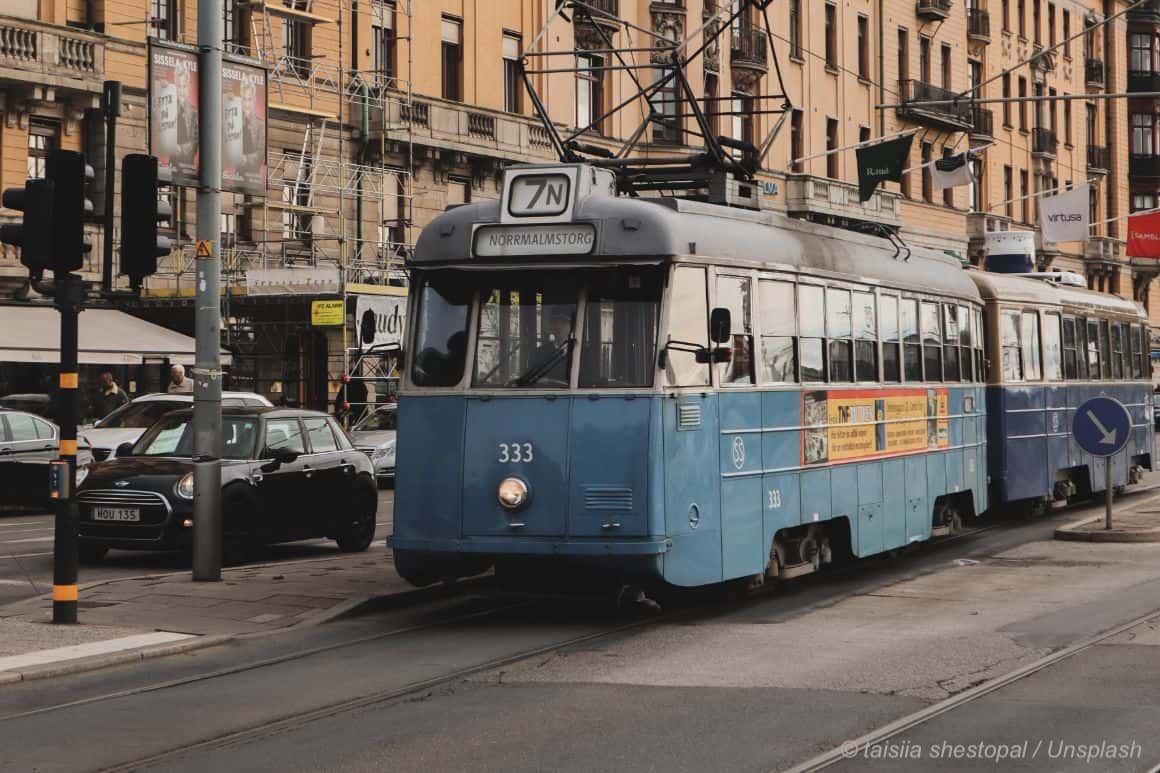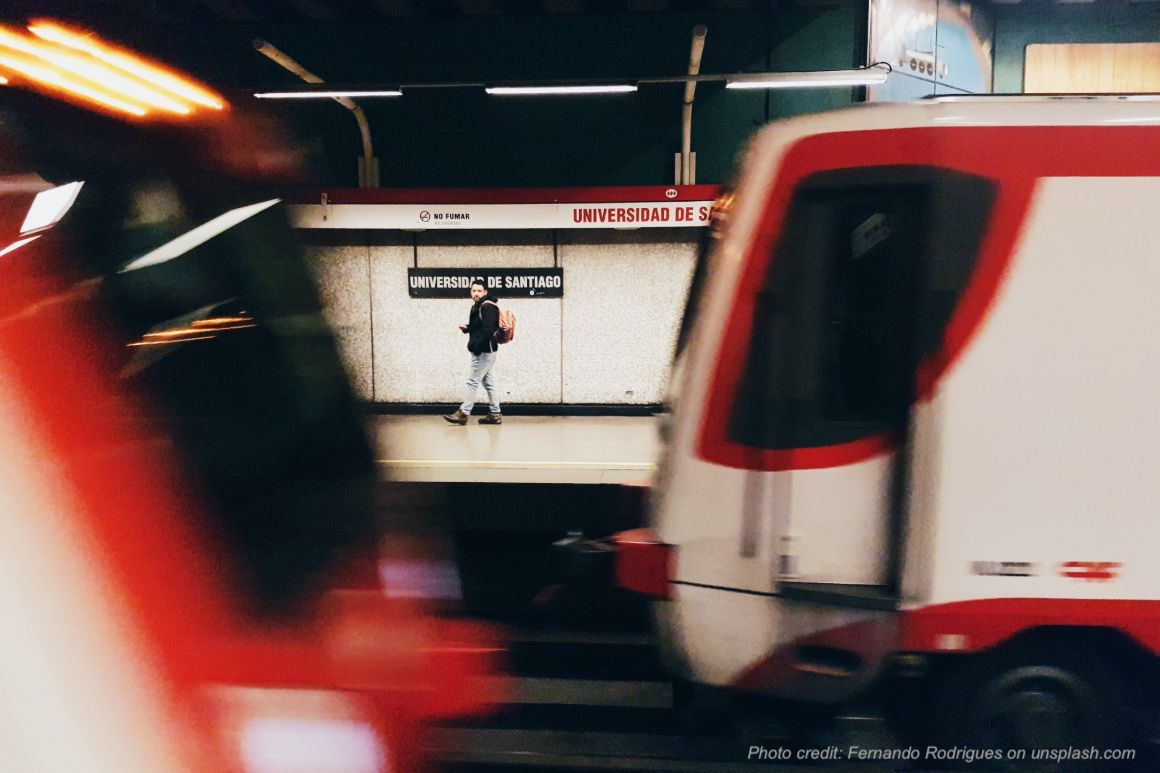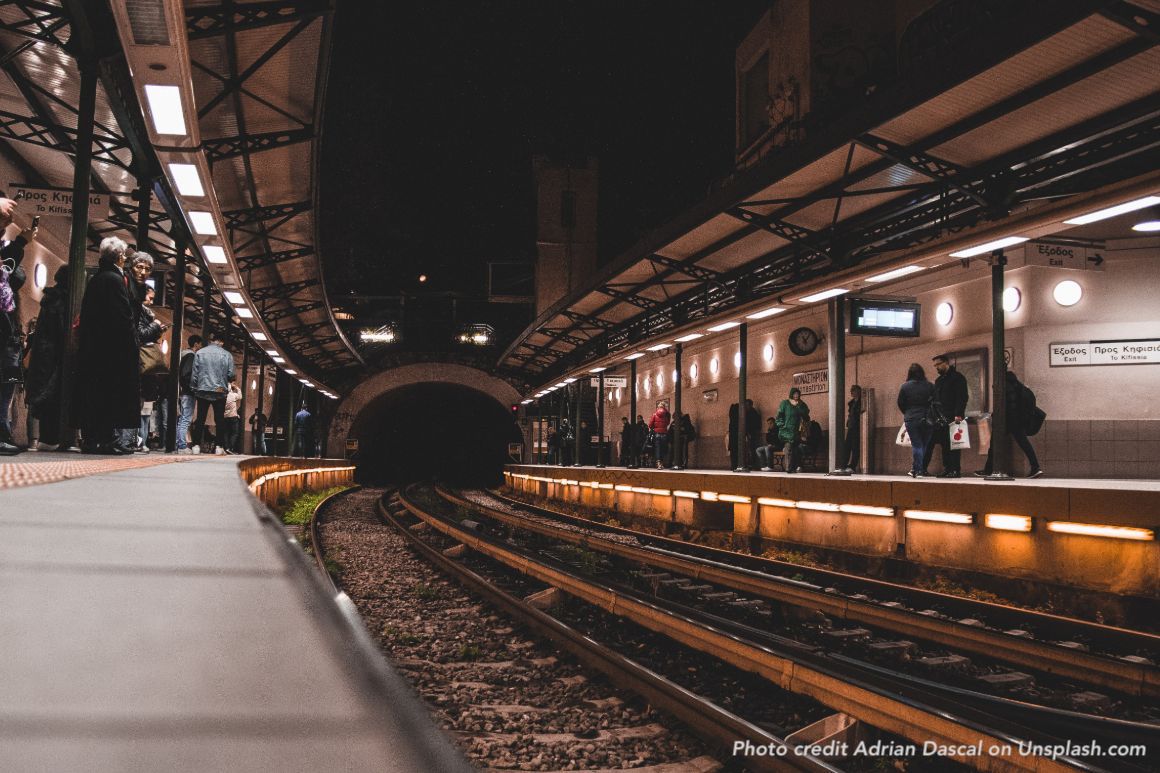Annually, billions of euros are lost to fare evasion worldwide. It is a corrosive problem for public transport companies, posing a threat to safety and financial sustainability. Authorities in Brisbane, Australia, are deploying extra public transport safety officers to patrol and monitor fare evasion. The new senior officers will patrol on trains, ferries and...
Brisbane deploys extra officers to tackle fare evasion
Full-height fare gates to curb down fare evasion in Rennes, France
The new gates cost €7m and should save Rennes metro €15m over the next 15 years
The city of Rennes, France, will soon be giving away its status as the last city in the country to use an open system for ticketing at the Metro. In a bid to curb down fare evasion, authorities are installing full-height fare gates at all current 16 stations on the city’s STAR network. Fare...
As much as 1m fare evasions per day on Mexico City’s Metro in 2019
Most fare dodgers jump or manipulate the turnstiles, or use fake tickets and cards
As billions of dollars are lost to fare evasion yearly, it remains a major focus for mass transit operators worldwide. In Mexico City, authorities reported a new grim record of 1 million fare evaders per day on the city’s subway (STM) in October 2019. According to STM director Florencia Serranía, on the last day...
4x more fare evasion on Dutch buses during Covid-19
Offenders took advantage of back-door bus boarding and reduced fare inspections to avoid paying
The Covid-19 outbreak imposes a new set of sanitary rules to prevent the spread of the virus infection. For public transport users, this basically resumes to social distancing, and wearing face masks. Public transport companies also took extra preventive measures such as back-door bus boarding, and vehicle and station disinfection. Unfortunately some travellers see...
Ticket inspections resume on Stockholm’s public transport
The controls must now take into account Covid-19 safety measures
After a two-and-a-half-month break during the coronavirus outbreak, Stockholm’s public transport operator SL is resuming ticket controls. As of mid-June, ticket inspectors are running regular controls on the subway. Since June 29, they are also checking tickets on buses and trams. For controls on buses, inspectors are checking tickets when travellers disembark. The inspectors...
The role of AI Video Analytics for reducing fare evasion in public transport
Transport managers can draw more value from their video surveillance networks by employing intelligent Video Analytics using AI
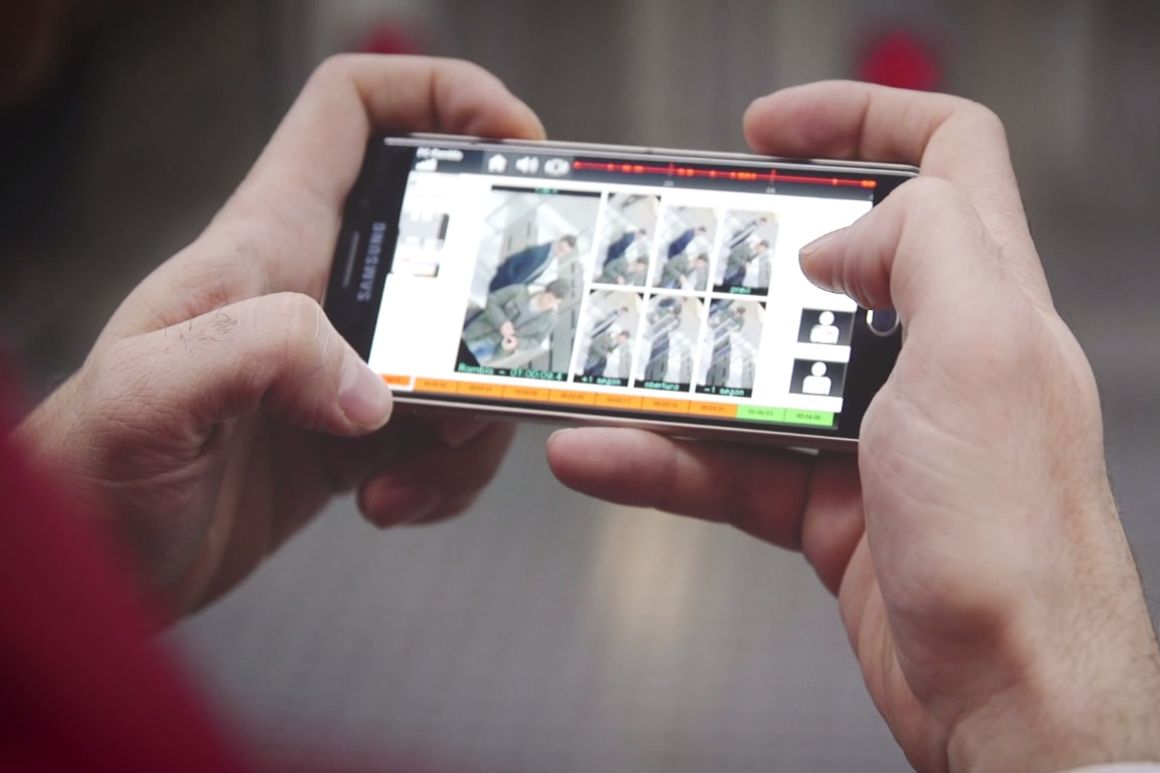 A ticket inspector checks a fare infraction alert on the real-time fare evasion detection app developed by Awaait (note: the scenes in the app are a simulation played by actors)
A ticket inspector checks a fare infraction alert on the real-time fare evasion detection app developed by Awaait (note: the scenes in the app are a simulation played by actors)
Making better use of existing video networks Overcoming the challenge of manually analysing video feeds from security cameras is one of the biggest tasks for companies that use video surveillance on their premises. Security agents have to spend many hours checking multiple computer screens, and oftentimes there are not sufficient agents to review all...
Fare evasion impact in Washington D.C.
Recent system upgrades aim to provide more accurate ridership data to measure and prevent rising fare evasion rates
Fare evasion is a global issue causing losses of billions of euros. Washington D.C. ranks third in the US for the financial impact caused by fare evasion, after Massachusetts’ Bay Transportation Authority (MBTA) and New York’s Metropolitan Transportation Authority (MTA). In 2019, fare evasion losses on buses amounted to €24.4m ($29m), and €9.2m ($11m)...
Increased fare evasion rates during the pandemic
Data from an ongoing study reveals that fare infractions might rise even more post-lockdown unless preventive measures are taken in time
The past months have been a challenging time for public transport due to Covid-19. Many transit workers lost their lives, ridership plummeted to record levels, and revenues from fare collection dropped massively. Fare evasion might be one a small problem for transit at the moment, but is it one to be completely ignored? Our...
Fare evasion rate in Santiago, Chile at 32,6% at the end of 2019
The figure is 6,1% higher than the previous quarter, but does not surpass the record 34.6% rate reached in 2016
New figures released by the Government of Chile reveal fare evasion rates on Santiago’s public transport network are at 32.6% for the last quarter of 2019. The figure is 6.1% higher than the previous quarter, and corresponds to the period when violent protests in October 2019 led to massive acts of evasion and destruction...
Athens public transport furthers efforts to improve service and boost revenue
Ticket revenue is rising and system upgrades are being rolled out, although fare evasion remains high
OASA (Athens Urban Transport Organization), the body providing most public transport services in Athens, Greece released new data revealing revenue numbers and service upgrades. Bus and trolley ticket revenues totalled €94 million in 2018. This is more than in 2017 (€82 million ) and 2016 (€87 million), though less than in 2015 (€97 million)...
